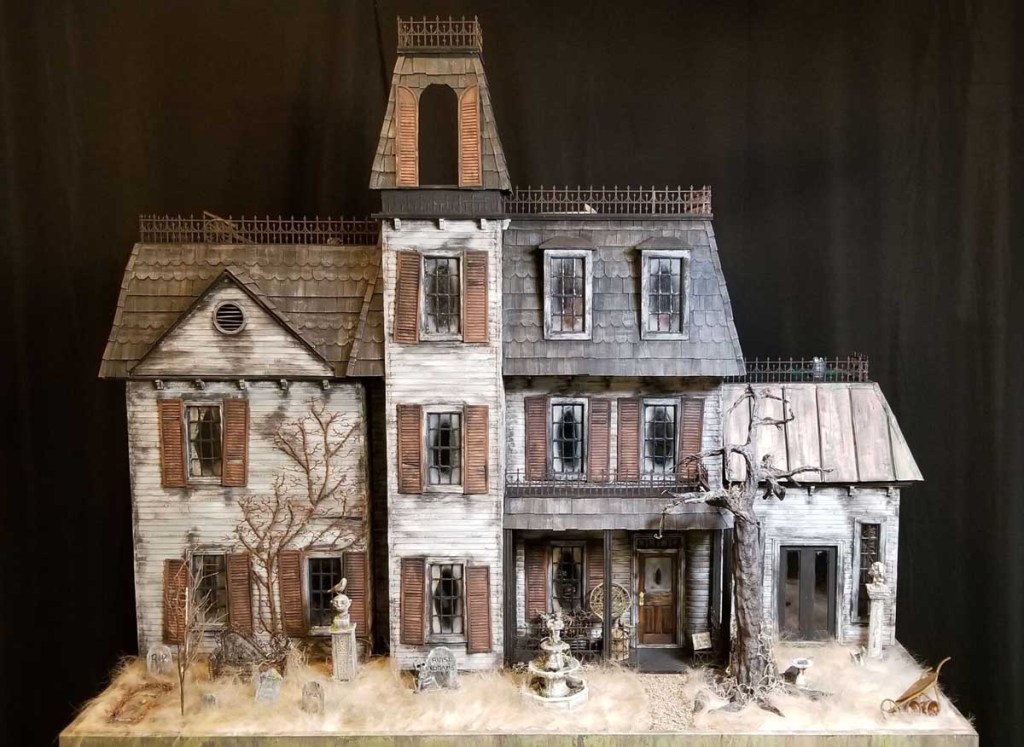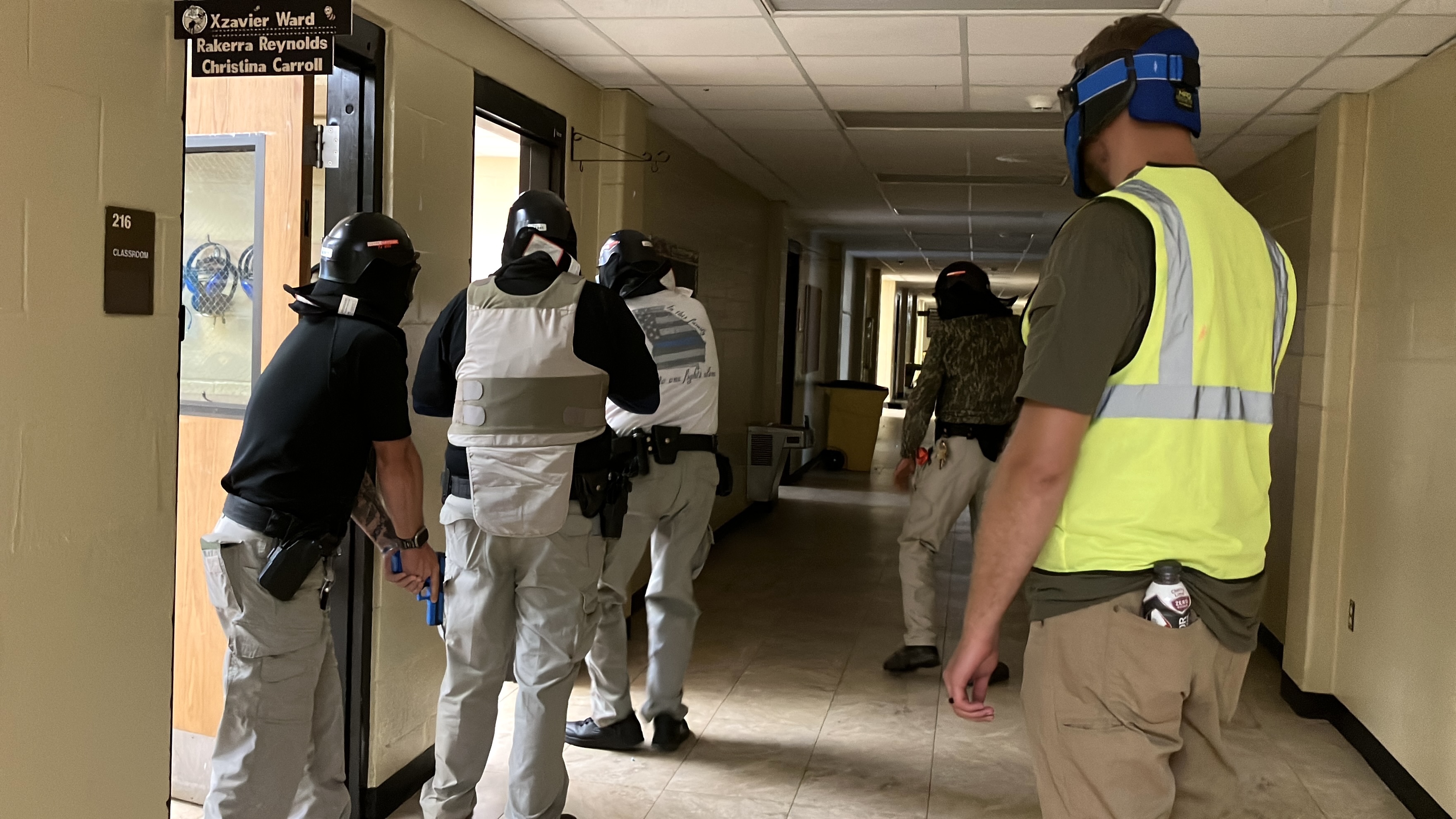TRAVEL: Where small is good but tiny is better
Published 2:56 pm Tuesday, September 26, 2023

- The miniature 16-room 'Addams Family Mini Mansion' required architect Ara Bentley nearly 10 years to complete. Most items in the house were handmade by Ms. Bentley. This featured exhibit is on loan from the artist.(Image courtesy of museum)
When someone says “good things come in small packages” it may bring to mind diamonds, emeralds or other valuable gems. For hardcore basketball fans of a certain age it might rekindle an image of 5’6” Spudd Webb, winner of the NBA’s 1984 slam dunk competition. Numerous examples exist of the goodness of small things including favors, debts, jewelry, taxes, and, of course, Peanut M&Ms. We recently experienced some beautifully crafted small items at an unusual museum in Tucson, Arizona.
The Mini Time Machine Museum of Miniatures is home to incredibly tiny realistic models of houses, shops, stores, castles and room boxes (display boxes for a single room of miniatures) filled with equally realistic miniature furniture, books, lamps, dishes and silverware, wall hangings, appliances and more. The models are so realistic that close-up photos of exhibits are nearly impossible to distinguish from the real thing.
The museum was the brainchild of Patricia and Walter J. Arnell who wished to showcase miniatures Pat had created or collected over a period of three decades. The collection comprises exhibits from numerous time periods and worldwide locations, thus the museum’s name. It is a nonprofit 501©3 dedicated to preserving and advancing the art of miniatures. In our opinion the museum directors do a pretty darn good job.
Self-guided tours begin with an introductory film about the history of miniatures in different cultures, the earliest of which is thought to be nearly 5,000 years ago in Egypt. These early miniatures were handcrafted for adults and relatively expensive to purchase. Small collectables became quite popular with children in the 1950’s when mass production allowed the manufacture of inexpensive plastic miniatures of people and furnishings and doll houses constructed of printed metal sheets. At the same time adults continued to make and collect more expensive handmade dollhouses and accessories. While most of today’s models are constructed utilizing a 12:1 scale (1 inch equals 12 inches in real life), early miniatures were crafted without utilizing a standard scale.
Following the film visitors stroll along a hallway flanked by displays of special exhibits that are altered throughout the year. The hallway leads to a large history gallery that includes exhibits from long-ago artists dating to the 1700s. Here visitors discover the museum’s oldest miniature that is from 1782. A neighboring contemporary gallery contains exhibits from modern artists. A third large room designated “Enchanted Realm” is occupied with Christmas exhibits and other fantasy miniatures including “The Addams Family House” constructed by artist Ara Bentley.
One of us (it’s not difficult to guess which) was not particularly excited with the thought of visiting a museum of miniature dollhouses. As it turned out we both very much enjoyed our morning spent examining some amazing craftsmanship and would enjoy returning. No matter how much time a visitor spends exploring the exhibits, additional visits would almost certainly reveal numerous new details. The museum website offers several excellent videos of individual dollhouses and room boxes, plus sixty other miniatures with written descriptions and photos. Visit: theminitimemachine.org.
The Mini Time Machine Museum of Miniatures is located northeast of downtown Tucson at 4455 E. Camp Lowell Drive. Except major holidays it is open Tuesday – Sunday: 9 a.m. to 4 p.m. Tickets are $14 for adults with discounts for seniors, military and students. Phone (520) 881-0606 for information.
Kay and David Scott are authors of “Exploring the Oregon Trail: America’s Historic Road Trip” (Globe Pequot). They live in Valdosta, Georgia. Visit them at blog.valdosta.edu/dlscott.





